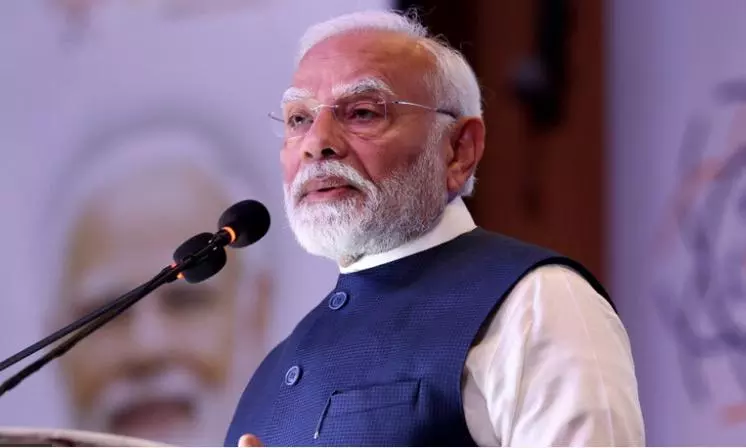
Trans women in India face significant stigma, and have high rates of depression, , and suicidal thoughts, according to a study on Monday. Researchers from The George Institute for Global Health India with global collaborators, have highlighted the stigma and mental health challenges faced by trans women in India. The study examines their experiences of rejection, discrimination, and social exclusion, calling for urgent action to address these issues.
The study, published in the journal Wellcome Open Research, sheds light on how stigma begins early in life -- within families where trans women are often rejected, leading to a loss of self-esteem. In schools, bullying and harassment force many to drop out, leaving them without education or stable employment. Many trans women are left with limited options, often turning to begging or sex work to survive.

Healthcare discrimination also emerges as a major issue. Stories of mistreatment by hospital staff and lack of understanding from healthcare providers discourage many trans women from seeking medical help. As a result, their physical and needs often go unmet.
These experiences take a significant toll on mental well-being, contributing to high rates of depression, anxiety, and suicidal thoughts among trans women. “One of the most pressing revelations from the study is the lack of mental health research focusing on trans women, especially in low- and middle-income countries like India. While global studies often focus on HIV-related issues, the mental health needs of transgender communities remain largely unaddressed.
This research highlights the urgent need for interventions to address stigma and its impact on their lives,” said Dr. Sandhya Kanaka Yatirajula, Program Lead- Mental Health, The George Institute for Global Health India. For such people, social support is a beacon of hope.
Acceptance, education, and opportunities for employment are powerful tools that can foster resilience and promote mental well-being. However, in India, where an estimated 4.8 million transgender people live, such opportunities remain scarce.
The study pressed the need for gender-affirming policies that promote inclusion and equity. Researchers stress the importance of creating safe spaces where trans women feel valued and respected..













